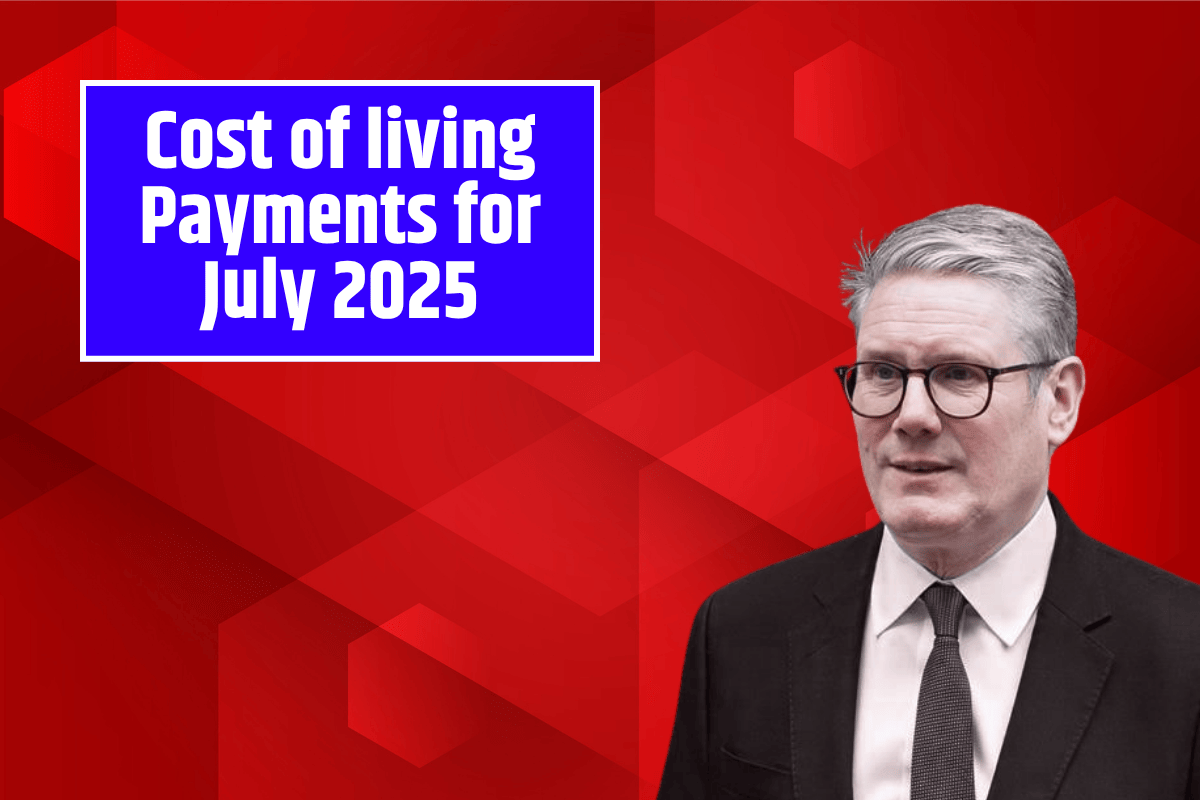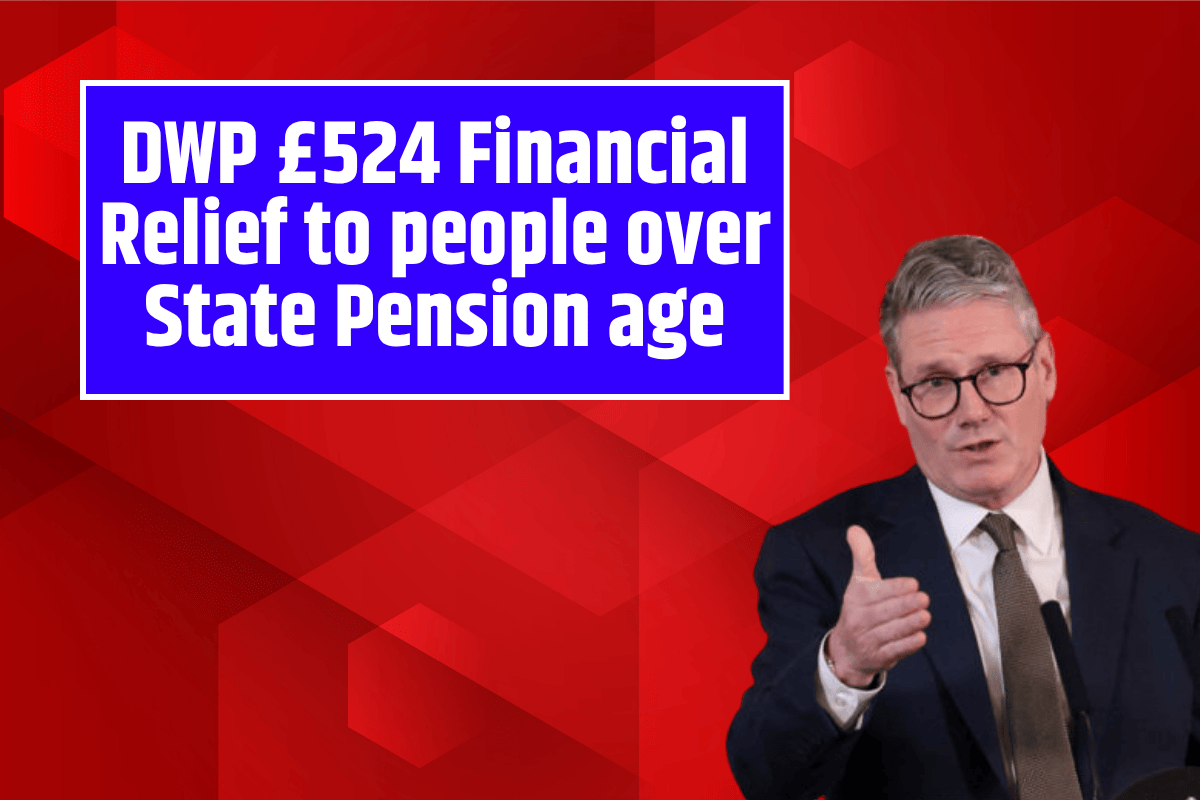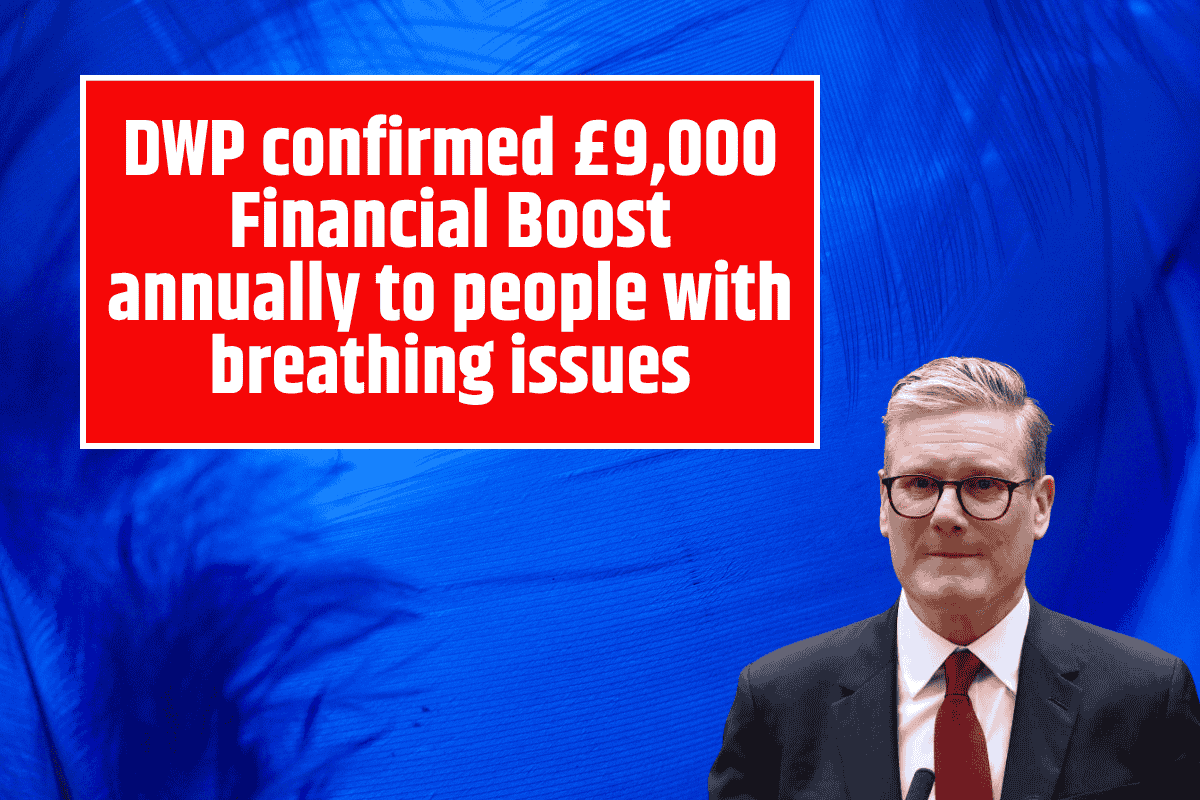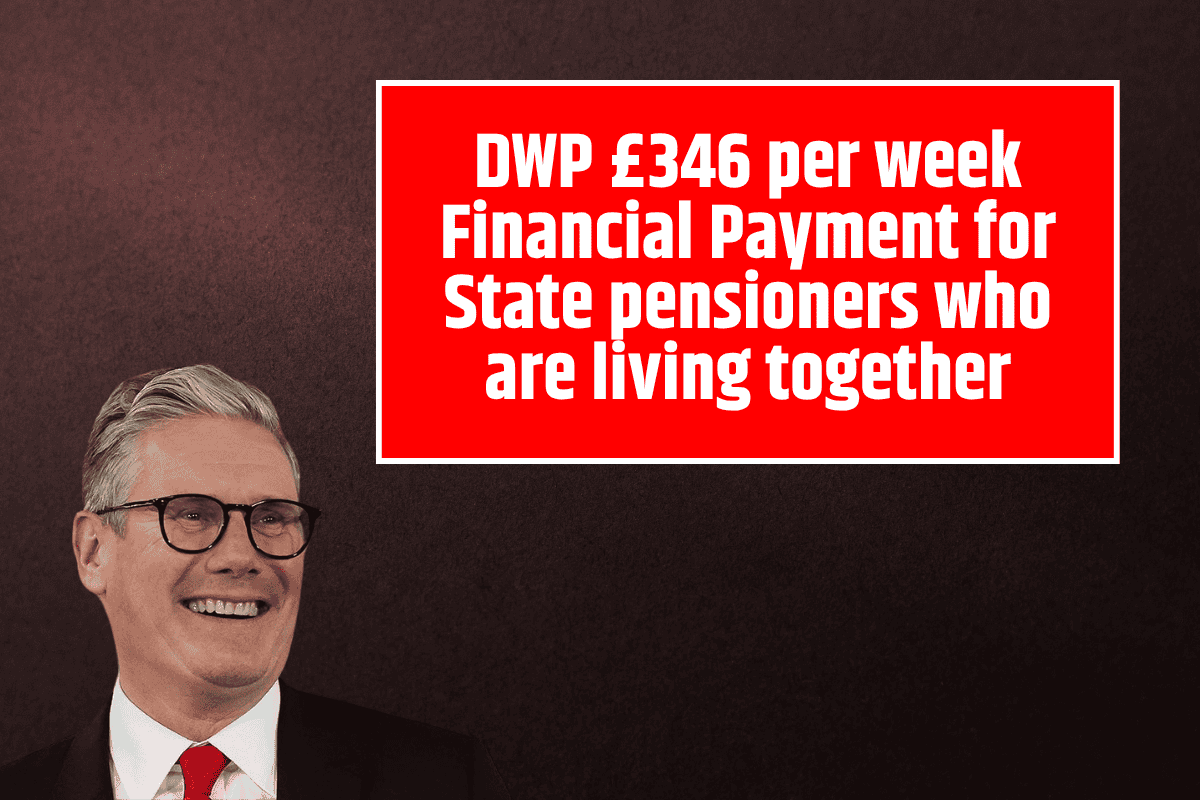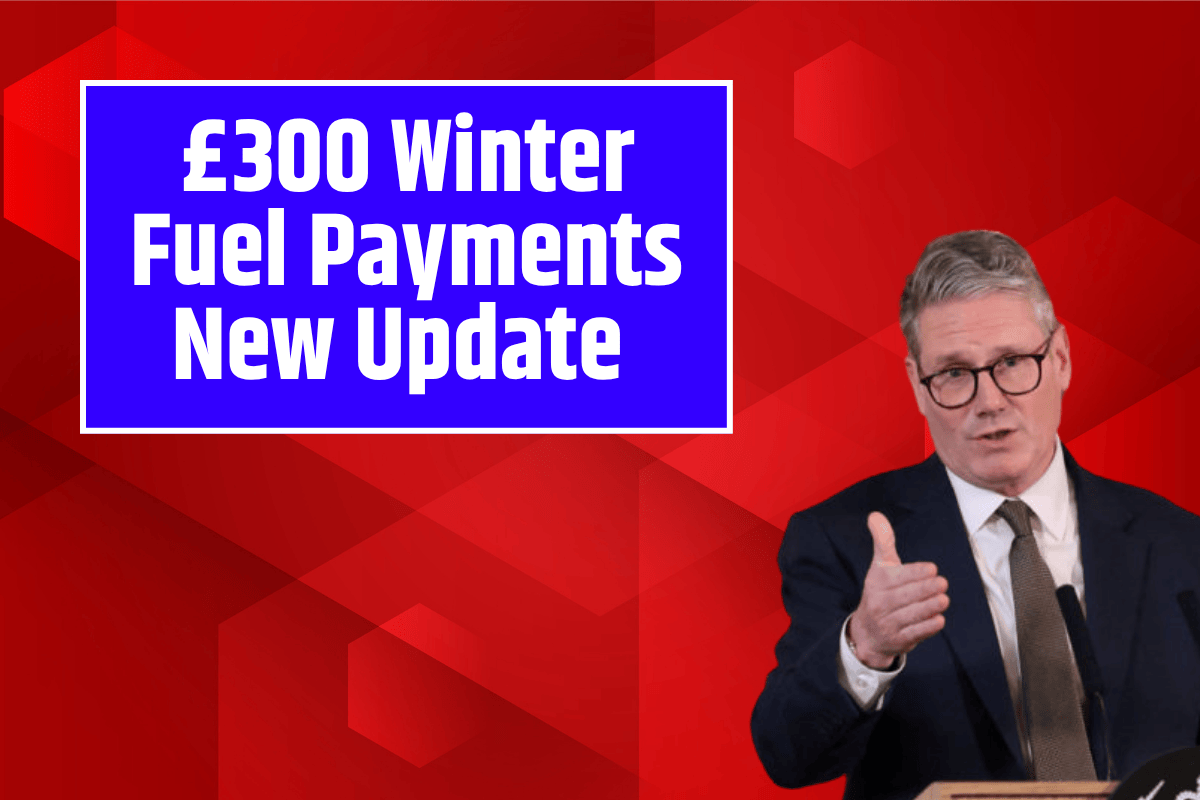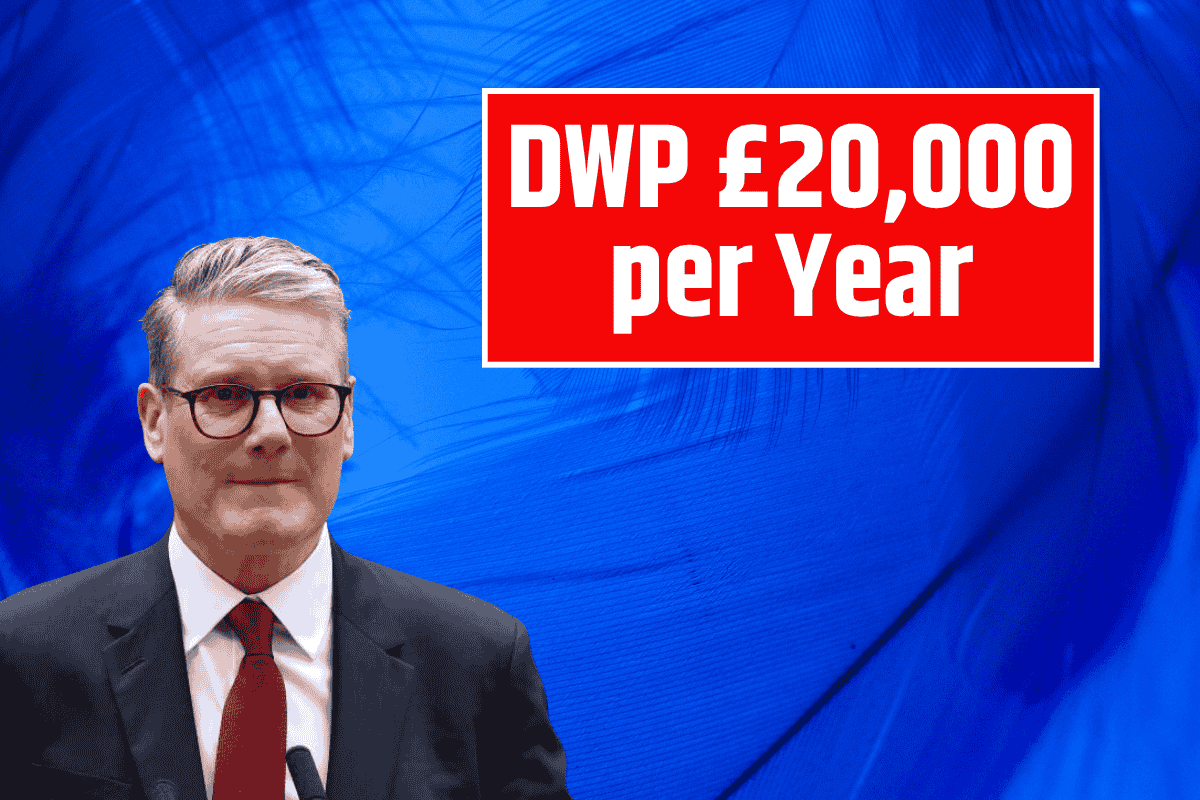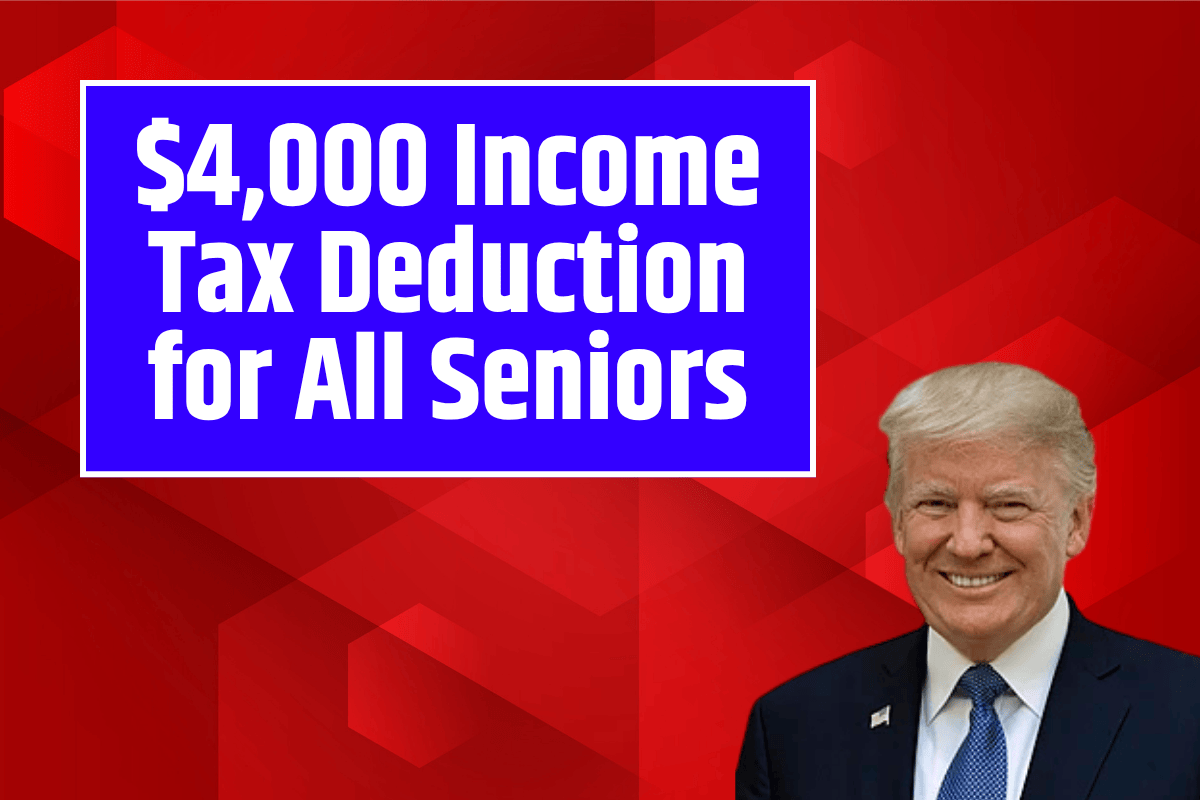As the UK faces ongoing financial pressures, millions of people rely on benefits to cover their living costs. According to the latest figures, around 24 million people are claiming some form of support from the Department for Work and Pensions (DWP).
These benefits are increasingly essential to help individuals and families cope with rising bills and inflation, which continue to outpace income growth.
Benefit Payment Dates in July
In July, benefit payments will be issued as usual, without any interruptions due to public holidays. The payments include:
- Universal Credit
- State pension
- Pension Credit
- Child Benefit
- Disability Living Allowance
- Personal Independence Payment (PIP)
- Attendance Allowance
- Carer’s Allowance
- Employment Support Allowance (ESA)
- Income Support
- Jobseeker’s Allowance
For exact payment dates and more information on how and when benefits are paid, you can check the official government website.
State Pension Payment Dates
State pensions are typically paid every four weeks directly into bank accounts. The payment day depends on the last two digits of your National Insurance (NI) number. Here’s when payments are scheduled based on your NI number:
- 00 to 19: Monday
- 20 to 39: Tuesday
- 40 to 59: Wednesday
- 60 to 79: Thursday
- 80 to 99: Friday
Increases in Benefit Rates
In April, benefits saw a 1.7% increase, matching the inflation rate of September 2024. This applies to all working-age benefits, including Universal Credit, PIP, DLA, Attendance Allowance, and Carer’s Allowance.
In line with the triple lock, the state pension rose by 4.1%, adding £472 to annual payments, which mirrors wage growth.
Changes to Universal Credit
For Universal Credit recipients, Labour’s proposed changes will come into effect in April 2026. There will be a £7 weekly increase in the standard allowance, though the health element of Universal Credit will be frozen from 2026.
New claimants for the health element will receive a reduced amount of £50 per week, far below the current level of £97. If you’re eligible, it’s important to apply soon to avoid the reduced rate.
Other Financial Help Available
Several financial assistance programs are available to help those struggling:
Budgeting Advance Loans
If you’re on Universal Credit and face a sudden financial emergency, you can apply for a budgeting advance loan. These interest-free loans are repaid automatically through Universal Credit payments. You can borrow up to:
- £348 if you’re single
- £464 if you’re in a couple
- £812 if you or your partner claim Child Benefit
From April 2025, deductions from Universal Credit to repay loans will be capped at 15% of the standard allowance (down from 25%).
Discretionary Housing Payment
For those struggling with housing costs, you can apply to your local council for a Discretionary Housing Payment (DHP). It can help with rent shortfalls, deposits, and rent in advance. Eligibility varies by council, so contact your local authority for more details.
Household Support Fund (HSF)
The Household Support Fund (HSF), managed by local councils, provides financial assistance for essential items, utility bills, and cash payments (up to £300). This fund runs until March 2026, with a £1 billion commitment for the transition into the ‘Crisis and Resilience Fund.’
Charitable Grants
Various charitable organizations, including Turn2us, offer grants to people in need. These grants may be available for individuals facing illness, disability, unemployment, or financial hardship. Each charity has its eligibility criteria.
Energy Provider Help
Energy providers like British Gas, Scottish Power, EDF, E.ON, and Octopus may offer support to customers struggling with energy bills. It’s worth contacting your provider to check if you qualify for assistance.
Council Tax Reduction
If you’re on certain benefits or facing hardship, you might be eligible for a council tax reduction of up to 100%. You can contact your local council for more information on how to apply.
Free Childcare Hours
All working parents in the UK are entitled to 30 hours of free childcare for children aged 3 to 4. Starting from April 2024, 15 hours of free childcare will also be available for 2-year-olds.
By September 2025, all children under 5 will be eligible for 30 hours of free childcare. You must apply online and reconfirm eligibility every three months.
Energy Price Cap Update
The energy price cap will decrease from £1,849 to £1,720 for July to September, representing a 7% reduction. This is good news for households on a standard variable tariff, as it will lower the amount suppliers can charge for energy use.
Mental Health Support
If you’re feeling overwhelmed or struggling with mental health issues, there are several services available, including:
- Samaritans: Call 116 123 or email jo@samaritans.org
- Mind: Call 0300 123 3393 for local support
- Scope: Provides a supportive forum for people with disabilities
- NHS England: Offers mental health triage services
As we navigate through ongoing financial challenges, it’s important to stay informed about the benefits and financial support available to you.
From Universal Credit payments to energy bill assistance and free childcare, there are several resources designed to help ease the burden.
Be sure to check if you’re eligible for any of these programs and reach out for assistance where needed.n help you claim the benefits that can ease your financial burden.
FAQs
What financial support is available in the UK in July 2025?
In July 2025, UK households can receive various financial benefits including Universal Credit, state pension, Child Benefit, Disability Living Allowance (DLA), and more. Payments are scheduled regularly without interruptions. The government also offers loans and housing support through initiatives like the Household Support Fund and Discretionary Housing Payments.
When are benefit payments made in July 2025?
Benefit payments in July 2025 will be made as usual, with no bank holidays to disrupt the process. Key benefits include Universal Credit, state pension, Carer’s Allowance, and Employment Support Allowance. For exact payment dates, refer to the official government website based on your specific benefits.
How much have benefit rates increased in 2025?
In April 2025, working-age benefits, including Universal Credit and PIP, were uprated by 1.7%, in line with inflation. The state pension saw a 4.1% increase, which added £472 annually, in line with the triple lock policy. However, there will be additional changes to Universal Credit from April 2026, including a rise in the standard allowance.
How can I apply for the Household Support Fund?
The Household Support Fund (HSF) is available to help those facing financial hardship. To apply, households must contact their local council, as the fund is distributed on a local basis. Support can include contributions towards utility bills, essential appliances, or direct cash payments up to £300.
Can I get help with my energy bills?
Yes, several energy providers, including British Gas, EDF, and E.ON, offer support for those struggling to pay their energy bills. It’s advisable to contact your energy supplier to check if you’re eligible for assistance or special payment plans.
